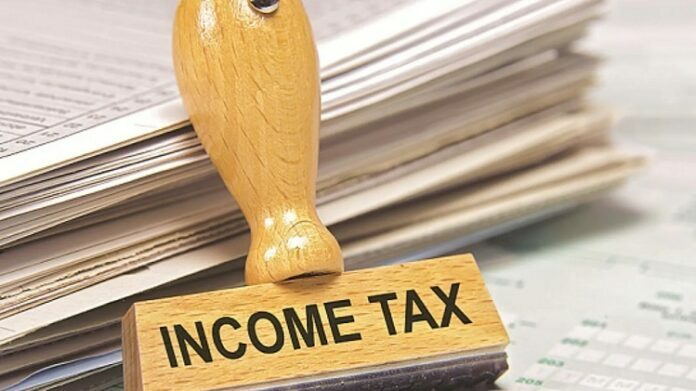Income tax is paid by the majority of people who earn money from business activities in the UK, whether that is as a sole trader, partner or director of a limited company, or deducted directly from employed earnings and forwarded to HMRC. It is your obligation to make sure you are registered with HMRC for income tax purposes. This can be done via the self-assessment process, declaring the establishment of your business partnership, registering a limited company with Companies House or ensuring that your employer has the correct information about you to enable them to make arrangements to pay your income tax via PAYE.
Paying income tax is usually straightforward, especially when you or your employer use compatible accounting software to track your income, expenses and tax obligations. You are liable to pay tax on any profits or cash that you take from a business above your personal allowance (see below), and you will also need to pay National Insurance Contributions on self-employment profits in order to become eligible for benefits such as the State Pension.
In certain circumstances, you can choose to pay yourself a mix of salary and dividends from shares owned in a company – the latter would be taxed at a lower rate, which would increase your take-home pay, but would not be deductible for corporation tax purposes, thus costing the business more money in the longer-term. An accountant will be able to advise you on the best option for your individual case.
Table of Contents
Check your rate
Income tax rates vary according to how much you earn in a year and every individual is entitled to a personal allowance, or level of earnings that is not taxed. Money earned above this level is then subject to income tax obligations, set at increasing increments of tax owed. For the 2018/19 tax year, these rates and allowances have been set as follows:
- Personal allowance (up to £11,850) – no tax to pay
- Basic rate (£11,851 to £46,350) – 20% tax rate
- Higher rate (£46351 to £150,000) – 40% tax rate
- Additional rate (over £150,001) – 45% tax rate
These rates can be subject to change and alteration, especially following UK Government Budget speeches or during times of emergency or major financial flux, so keep an eye on the financial news for updates and statements regularly.
Paying your income tax bill
The method by which you should settle your income tax bill will depend on the type of work you do, and your employment status. If you are employed by an employer, they will usually sort this out for you, deducting your income tax before you receive your salary via the PAYE system.
If you are self-employed, are a business partner or director of a limited company, you will need to register for self-assessment tax and file your returns yourself, or via an accountant or tax specialist. Failing to pay your income tax, or submitting erroneous records can result in serious repercussions, including fines and being take to court, so it is well worth engaging an expert or investing in professional accounting software to help you submit accurate figures if you are at all unsure.











